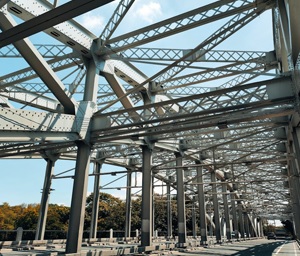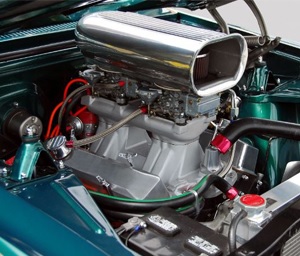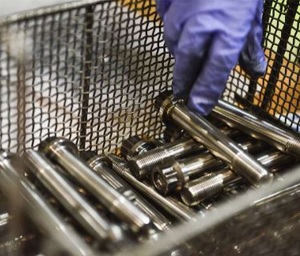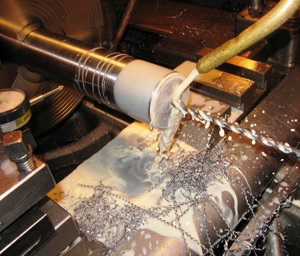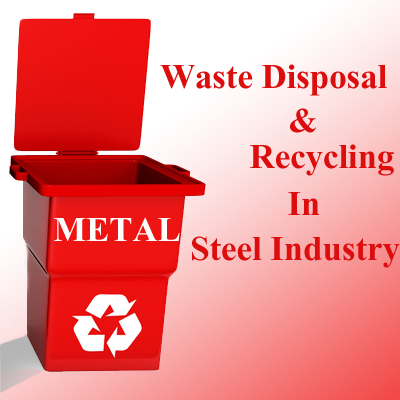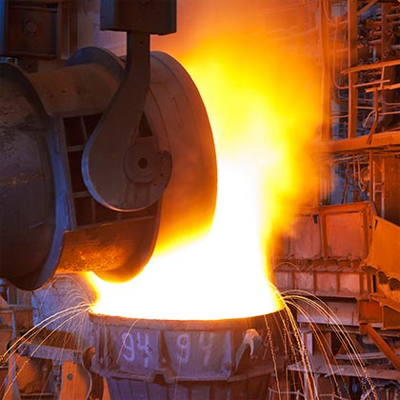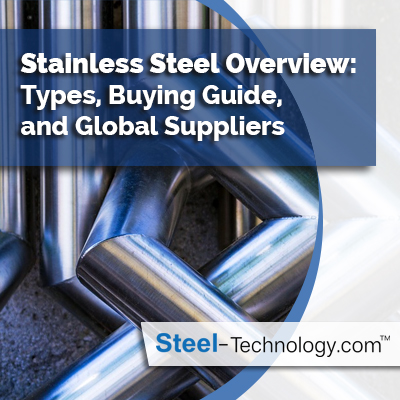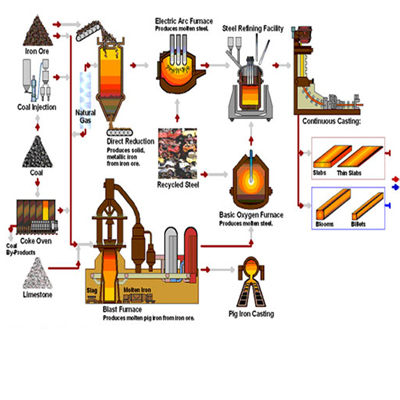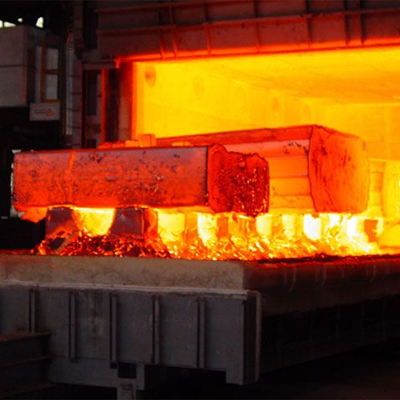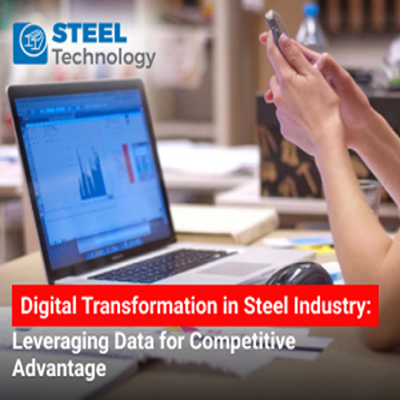Innovative Applications of Steel: Expanding Horizons in B2B Sectors
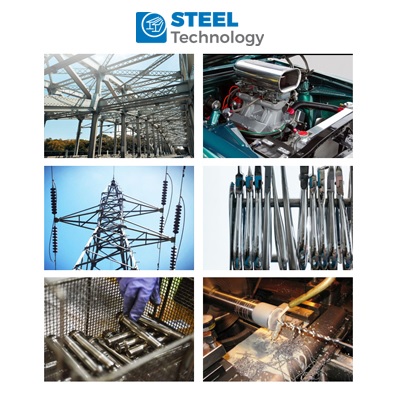
Steel, a cornerstone of industrialization, has continually evolved to meet the dynamic demands of various sectors. Its versatility, strength, and recyclability make it an indispensable material in the B2B landscape. From construction and automotive to energy and healthcare, innovative applications of steel are pushing the boundaries and driving progress. Here, we explore the transformative role of steel in expanding horizons across B2B sectors.
1. Construction and Infrastructure
Smart Buildings and Sustainable Architecture: Steel's role in construction is undergoing a significant transformation. Beyond traditional structural applications, steel is now pivotal in developing smart buildings and sustainable architecture. High-strength, lightweight steel frames allow for more innovative designs and greater flexibility. Additionally, steel's recyclability supports green building initiatives, promoting sustainability in urban development.
Prefabrication and Modular Construction: Prefabrication and modular construction are revolutionizing the building industry. Steel components can be manufactured off-site and assembled quickly on-site, reducing construction time and costs. This method enhances precision and quality while minimizing waste, making it an attractive option for B2B companies in the construction sector.
2. Automotive and Transportation
Lightweight and High-Strength Steel Alloys: The automotive industry is increasingly adopting advanced high-strength steel (AHSS) and ultra-high-strength steel (UHSS) alloys. These materials reduce vehicle weight without compromising safety, improving fuel efficiency, and reducing emissions. B2B partnerships between steel manufacturers and automotive companies are essential in developing and integrating these innovative materials into new vehicle designs.
Electric Vehicles and Sustainability: Steel is playing a critical role in the transition to electric vehicles (EVs). Battery enclosures, chassis components, and structural parts made from advanced steel grades enhance the safety and performance of EVs. As the automotive industry shifts towards sustainability, steel's recyclability and energy efficiency during production make it a key material in this evolution.
3. Energy and Power Generation
Wind and Solar Energy Structures: Renewable energy sectors, such as wind and solar power, rely heavily on steel for infrastructure. Wind turbine towers and solar panel mounts made from high-strength steel ensure durability and resilience in harsh environments. The collaboration between steel manufacturers and energy companies is vital in developing structures that maximize efficiency and longevity.
Oil and Gas Industry Innovations: In the oil and gas sector, steel is crucial for drilling rigs, pipelines, and offshore platforms. Innovations in corrosion-resistant steel alloys are enhancing the safety and lifespan of these structures, especially in challenging environments like deep-sea drilling. These advancements contribute to more reliable and sustainable energy extraction processes.
4. Healthcare and Medical Equipment
Medical Devices and Surgical Instruments: Steel's biocompatibility and durability make it an ideal material for medical devices and surgical instruments. Stainless steel is commonly used in implants, surgical tools, and diagnostic equipment. The development of advanced steel alloys with improved corrosion resistance and strength is enhancing the performance and longevity of medical devices.
Hospital Infrastructure and Safety: In healthcare infrastructure, steel's strength and versatility support the construction of hospitals and medical facilities. Steel framing allows for flexible and resilient building designs, accommodating the specific needs of healthcare environments. Additionally, antimicrobial steel coatings are being developed to enhance infection control and safety within medical settings.
5. Aerospace and Defense
Lightweight Structures and Advanced Alloys: The aerospace and defense industries are leveraging steel's advanced properties to develop lightweight yet strong components. High-strength steel alloys are used in aircraft structures, landing gear, and military vehicles, providing essential durability and performance. These innovations are critical in improving fuel efficiency, payload capacity, and overall mission success.
Protective Solutions and Armored Vehicles: Steel is indispensable in the production of armored vehicles and protective solutions. Advanced steel grades offer superior ballistic protection while maintaining manageable weights. This balance is crucial for the safety and mobility of defense personnel and equipment.
6. Manufacturing and Industrial Automation
Robotics and Machinery: In manufacturing, steel is a fundamental material for constructing robotics and industrial machinery. Its strength and machinability make it suitable for precision components and durable frames. Innovations in steel alloys are enhancing the performance and lifespan of these machines, driving efficiency in industrial automation.
3D Printing and Additive Manufacturing: The advent of 3D printing and additive manufacturing is opening new avenues for steel applications. Steel powders used in 3D printing enable the creation of complex and customized parts with high precision. This technology is revolutionizing manufacturing processes, reducing lead times, and minimizing material waste.
Conclusion
Steel's innovative applications are expanding horizons across B2B sectors, driving advancements in construction, automotive, energy, healthcare, aerospace, defense, and manufacturing. Its unmatched versatility, strength, and recyclability make it a vital material for future growth and sustainability. As industries continue to evolve, the collaborative efforts between steel manufacturers and B2B companies will be crucial in harnessing the full potential of steel, paving the way for a more advanced and sustainable future.


